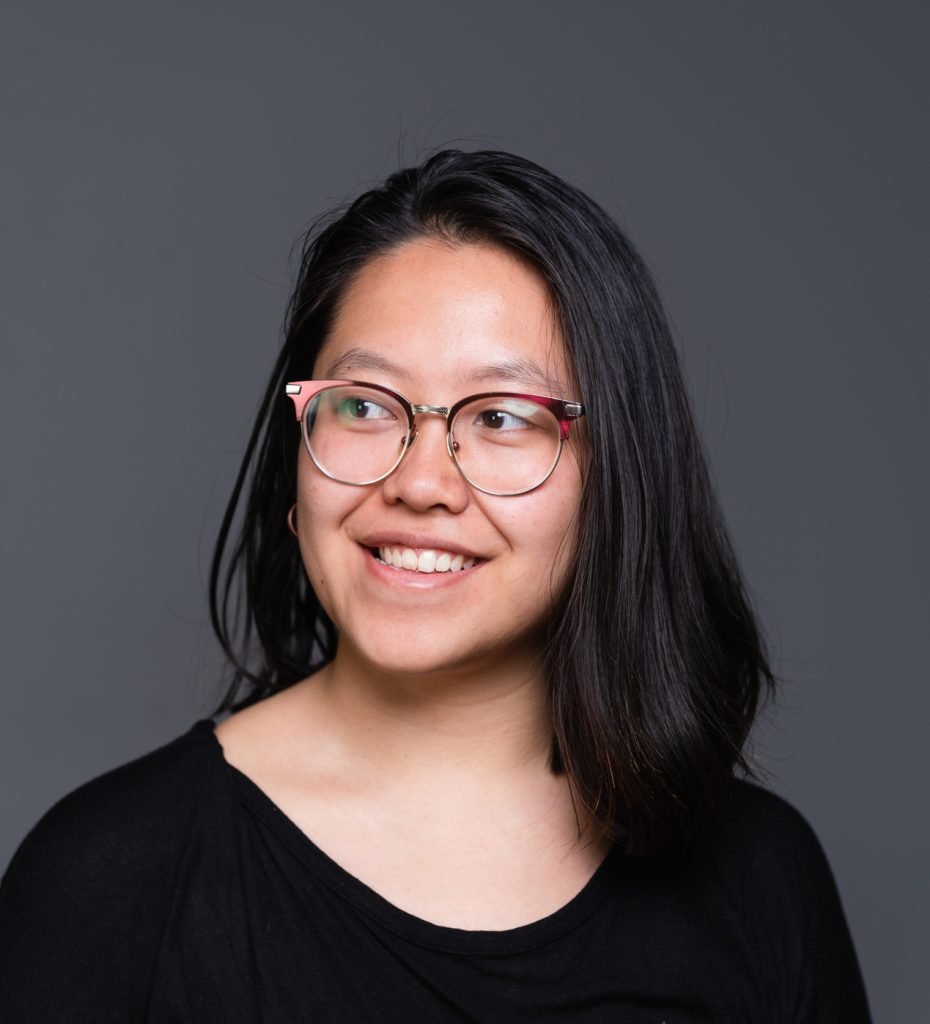We interviewed Christie Wong, the Creative Writing Instructor and Coach at PFAU: Academic Writing, about her experiences with poetry. Many people are intimidated by poetry, perhaps because they were forced to read it in high school. However, poetry is the simplest form of expression that anyone can do.

Christie specializes in teaching creative writing, with a focus on poetry. Born in Hong Kong and raised in Toronto, Christie has travelled and lived in many countries, including Rwanda, Hong Kong, Central America, and the US. She uses her diverse educational experiences to help students from a variety of backgrounds.
_
What are some of your favourite styles?
_
I’m definitely one of those freeform people. I think this is pretty cliche, but I learned to appreciate the sonnet. It’s one of the more really complicated ones to write, but I really love the way the phrasing happens when you read it out loud. It just makes it takes meaning to another level. This is why like people don’t talk like Shakespeare anymore, but if it did, I think we would understand each other’s emotional complexities so much more.
_
How did some of your experiences help you as a teacher?
_
Yeah, my teaching background was pretty diverse. I started out as in a camp counsellor position at summer camps. And that taught me a lot of really great ways of facilitating in a simple manner. And then I transitioned into working with a group of women of different abilities. They all have different levels of learning disabilities. So a lot of them would be l be 20 something but their reading level would be grade two. I also trained to be a behavioural therapist, and I did that for about a year. So that was a really different way of teaching as well.
_
What are some of your favourite aspects of teaching poetry and creative writing?
_
My favourite parts, especially with adults, I think are the moments when they finally let their guard down. They’re like, “Oh, I can’t do this” because of some history or experience that they’ve reinforced in their own narrative. It takes a lot of loving and a lot of caring, to get them to think outside of that and start being curious about their own thoughts. With kids, they’re in a way, a lot easier, because they don’t have those things. They’re just ready to try any challenge.
_
What sorts of resources would you recommend for people who want to learn more about poetry?
_
It depends on how you learn. You got to always think about learning in relation to how you like to learn to set yourself up for success. There are a lot of resources like the Poetry Foundation, you can subscribe to daily, poetry in your email inbox. Otherwise, pick up a poetry book that looks interesting to you and just start reading one or two poems. If you want to keep continuing and learn more, I recommend picking up some books on writing, just to learn how to think about things or just be given suggestions. At the end of the day, your thoughts or poetry requires originality.
_
Christie’s Book and Resource Recommendations
_
The Artists Way by Julia Cameron
A Different Booklist – Bookstore
_
Thank you, Christie, for sharing the excellent advice with us and our readers!
Scroll through our course calendar & sign up for Christie’s next poetry class here
_
Missed the podcast? Listen here:
_
_
For more advice about writing, check out our weekly podcast or subscribe to our monthly newsletter.
Both the written, visual, audio, and audiovisual content of this post has been created by and is the intellectual property of Lisa Pfau and PFAU Academic Writing. Please do not replicate any of the above content without our consent. However, please do feel free to share this post and its authorship widely.

